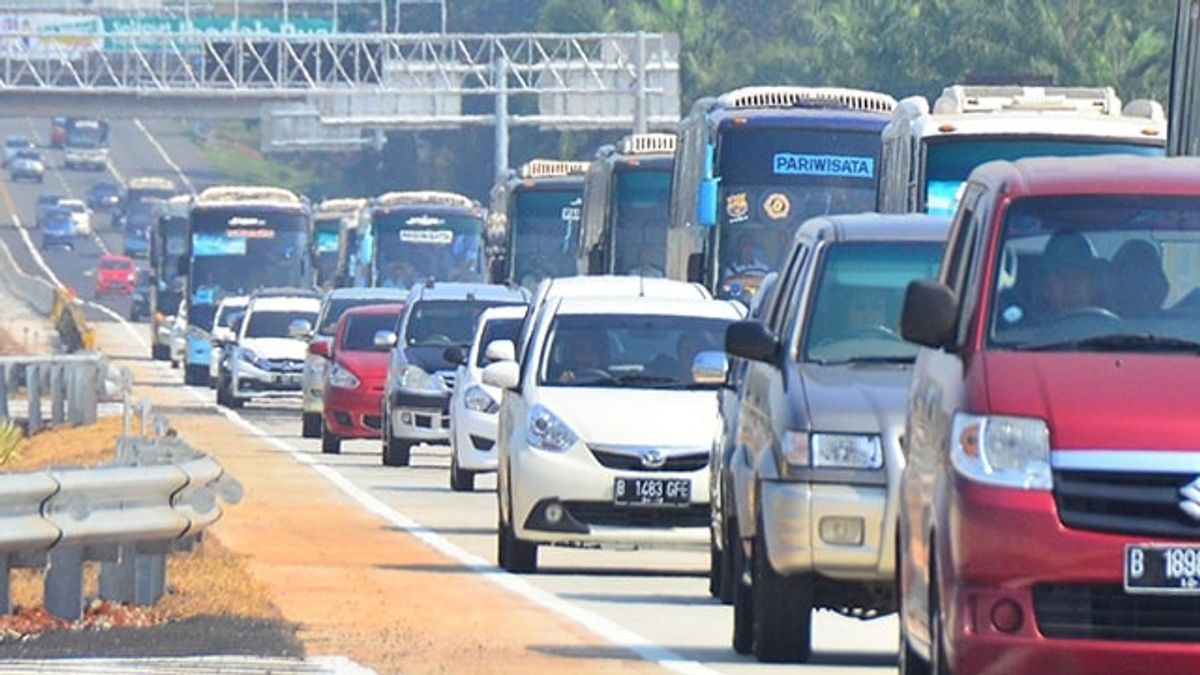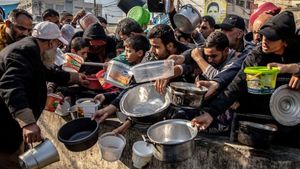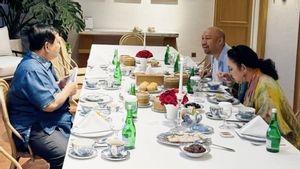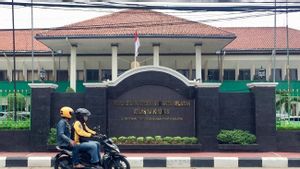JAKARTA - The tradition of returning home or going home has taken root in Indonesian society. This annual migration usually reaches its peak just before Eid.
However, in the midst of the COVID-19 pandemic that occurred this year, the Indonesian people seemed encouraged to temporarily endure longing. This is because public health experts have warned that this could be a "bomb" for the spread of the new corona virus.
The argument is not exaggerated, because there are not a few of them going home. According to data from the Ministry of Transportation for the period of June last year alone, 23 million people returned to their respective hometowns. Meanwhile 15 million travelers came from Greater Jakarta. The area with the most cases of COVID-19.
Especially in the midst of this epidemic, the Indonesian government does not completely prohibit people from going home during Eid. Although there have been a number of appeals and regulations issued following restrictions on the movement of people to return to their hometowns.
Meanwhile, health expert Monica Nirmala warned that there were dire consequences if homecoming activities continued.
"In Indonesia, we have 17,000 islands, with 8,000 inhabited islands, but in this pandemic, testing will only be in Jakarta," said Monica as quoted by Forbes, Thursday, April 9.
Monica doubts the central government's policy of only ordering travelers to self-quarantine for 14 days. The reason is that it is only an appeal and is easily violated.
"People can violate it by walking to the market," said this health expert who graduated from Harvard University public health.
In addition, Monica as a doctor who is also active in the West Kalimantan area is worried about the fate of the indigenous people. He is worried that people in the area could also be affected by COVID-19 due to going home.
Set up Self-Precautions
Deputy Secretary for the Alliance of Indigenous Peoples of the Archipelago (AMAN) Mini Setra said that to anticipate this bad thing, they have made several preparations.
"People have to make their own decisions and use their own resources," said Setra was still quoted by Forbes.
According to him, the community must take serious precautions to protect their village. "The reason is" only a few hospitals can handle COVID-19 cases, and they are already overwhelmed, so once they enter the village, we can predict the worst, "he said.
Setra said that preventive measures could be in the form of preparing a place such as a house or maybe a tent outside the village to quarantine them when they return to the village. This includes seeking out traditional medicine, ensuring food security and forming a small team to check on everyone's condition.
The English, Chinese, Japanese, Arabic, and French versions are automatically generated by the AI. So there may still be inaccuracies in translating, please always see Indonesian as our main language. (system supported by DigitalSiber.id)













